When it comes to recycling, we all want to do our part. Part of trying to follow a green living plan means doing more with less and also finding creative ways to avoid sending used items to a landfill. From donating used clothing to simply buying fewer items, we can all do our part.
However, are you always recycling what you should? …And have you doing it right?
Most county recycling programs will give you a list of items that you can and cannot recycle. Still, it’s surprising to find out that some items could actually cause more damage to the environment if recycled. So, Instead of going to a recycling bin, these items have their own collection area if you would like to dispose of them responsibly.
And with those going to the recycling bins, if not doing it properly, it may also cause problems during the process. In general, all containers need to be emptied and rinse before throwing into recycling bin. No flammable residue and food waste attached.
Below list show you a few of the items that are commonly recycled but shouldn’t be!
1. Plastic Bags and Plastic Wrap
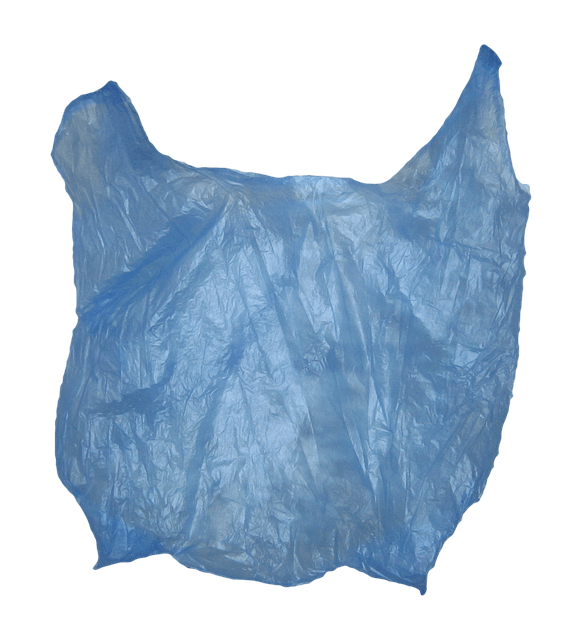
Some plastic containers can be recycled but plastic bags and plastic wrap including bubble wrap aren’t typically accepted in curbside recycling bins, especially when to be tossed with other recycling items, unless your county specifically states that they are. This is because the lightweight plastic in this material can actually damage the machines used in recycling centers. So, while you can still re-use plastic bags, they’re probably not a good item to recycle. And when it’s time to be recycled, return them to participating drop-off location such as retail stores or grocery stores that have special collection bins for plastic wraps and the like. So be sure to ask the store manager or look it up HERE.
2. Food-Soiled Items
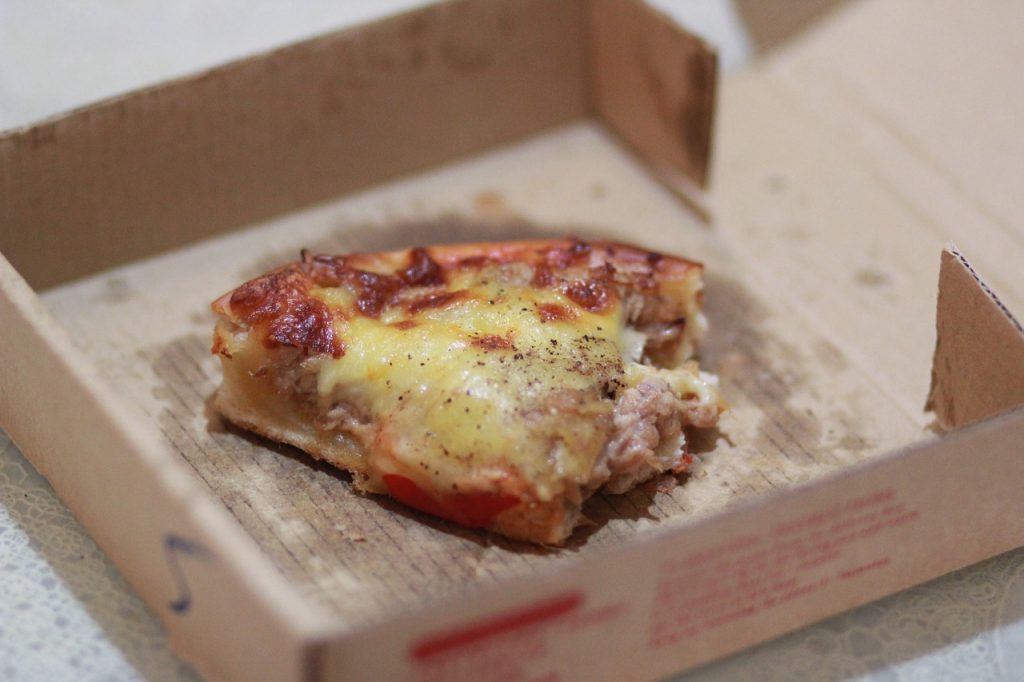
All containers, even if they are recyclable, cannot be recycled if they contain food. This is why it’s recommended that people rinse out items before placing them in a recycling bin. You probably don’t need to scrub out your containers but large chunks of food are going to make the item unable to break down or potentially cause contamination and other problems. The biggest offenders in this category are items which actually absorb foods. Pizza and pastry boxes may be a recyclable material but if they’ve absorbed grease or oil, it become contaminated, then they CAN’T be recycled. You can, however, tear off portions of pizza boxes that are not stained to recycle.
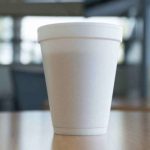
And NO, Styrofoam and polystyrene containers (most fast food take-out boxes, coffee cups, and the like) aren’t recyclable as it’s made of materials that are not biodegradable. However, you may consider giving them a new life in your DIY / Crafting projects or reusing them as gardening accessories. Though at the end of its lifetime, they will still end up in landfill. Best is to avoid using them at all, bring your own reusable container & coffee cup when you are on the go and be a true Green Explorer.
3. Mirrors, Window Glass and Glassware

While most glass jars & liquor bottles can be thrown in recycling bin, it won’t necessarily apply to all glass made items. For example, drinking glasses are made with lead glass, which isn’t a kind that can be recycled curbside. Mirrors, window glass, light bulbs, eye glasses, vases, glass art pieces, and the like, should be think twice before tossing them in the curbside bin. Check out EARTH911’s extensive database of recycling solutions near you.
4. Hardcover Books
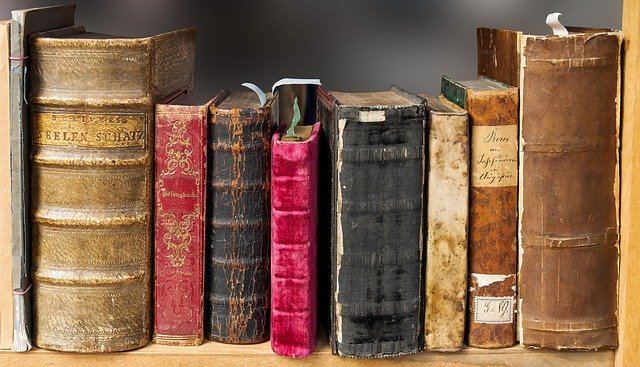
This is also an area that’s a common problem. After all, books are made out of paper, right? They are, but the sturdy cover of hardcover books also contains non-paper materials that have to be removed before putting them into your recycling bin. Another option is to contact your local library and see if they accept donation of old books so it can be once again enjoyed by others.
5. Clothing and Fabric
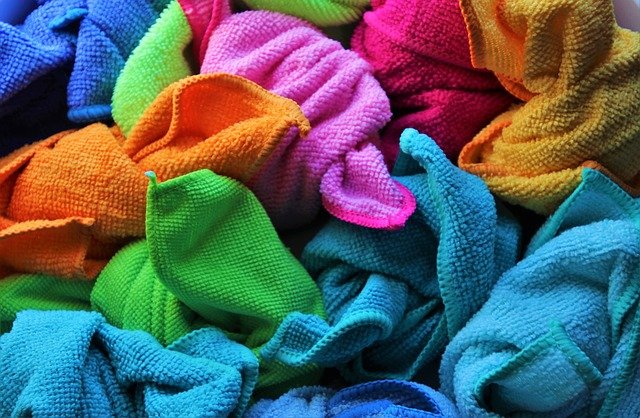
This is an area which surprises many people. After all, clothing often does break down easily. However, curbside recycling is not the way to go for this item. It will clog up recycling machines so instead of putting clothing into your recycling bins, try running it down to the local Goodwill or other clothing donation center. Not only will this be a usable option, you may be giving someone else the chance to enjoy clothing that you no longer wear. This is just one element of green living that can help both you and others live more sustainably.
6. Cleaning Products
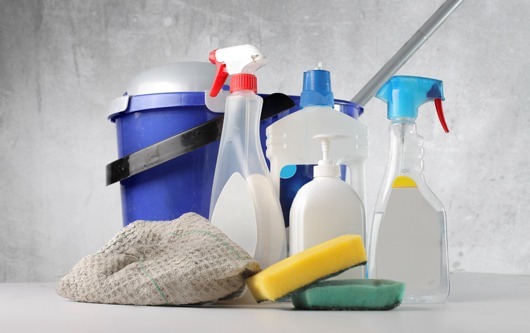
Most household cleaning products are now come in a recyclable container. While the container would be acceptable to recycle for its plastic element, it has to be emptied and rinse before throwing them into recycling bin. Since cleaning products are potentially hazardous, especially when mixed, you only want to dispose of them appropriately. Most water-soluble formulas can be diluted and poured down the drain. However, use up what you can to avoid waste. For cleaners that you may not know what is best, contact the manufacturer for directions or consider calling a hazardous waste disposal center for any special instructions.
7. Needles and Medical Waste
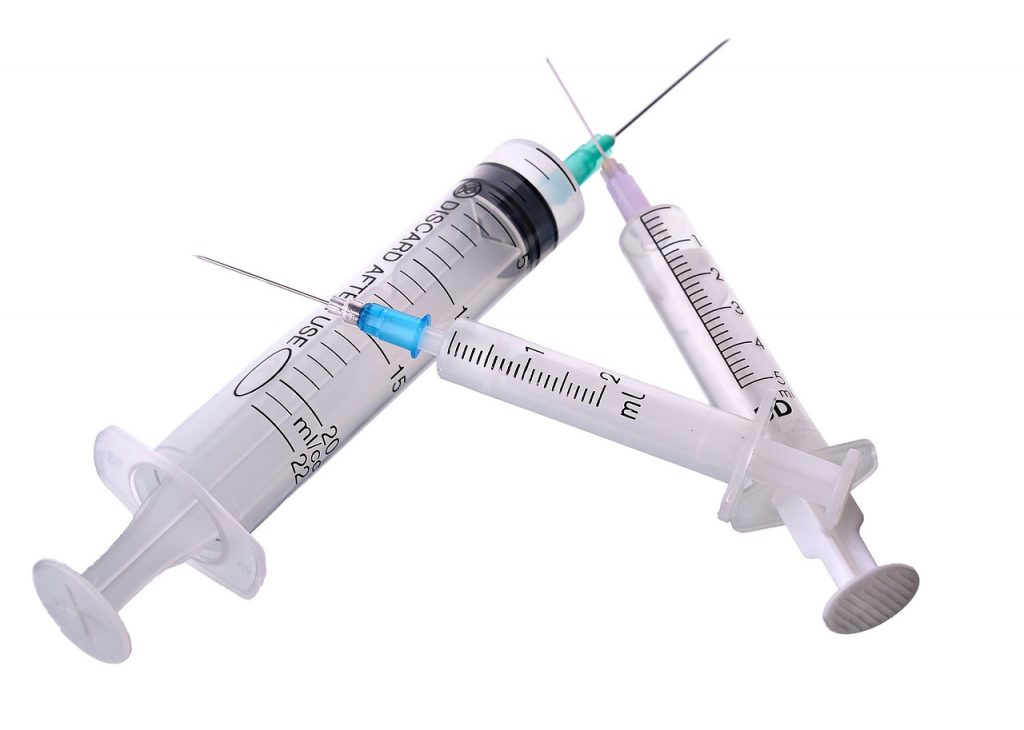
Although it may seem quite obvious that these items cannot be recycled, it is very important to dispose them in a safely manner.
Medical sharps (Needles, Syringes, Lancets, EpiPens, etc) and medical waste including prescriptions containers and unused / expired medicines are classified as biohazards and therefore should always be disposed of in a hazardous waste box. With the potential for blood-borne pathogens, medical waste is not accepted and also discouraged in curbside bins since it could be dangerous to others. Needles are the biggest offenders but any medical waste could lead to problems. If you need to discard them, reach out to your doctor’s office or local health department to direct you to a designated collection site and discard them safely.
8. Electronics, cords and batteries
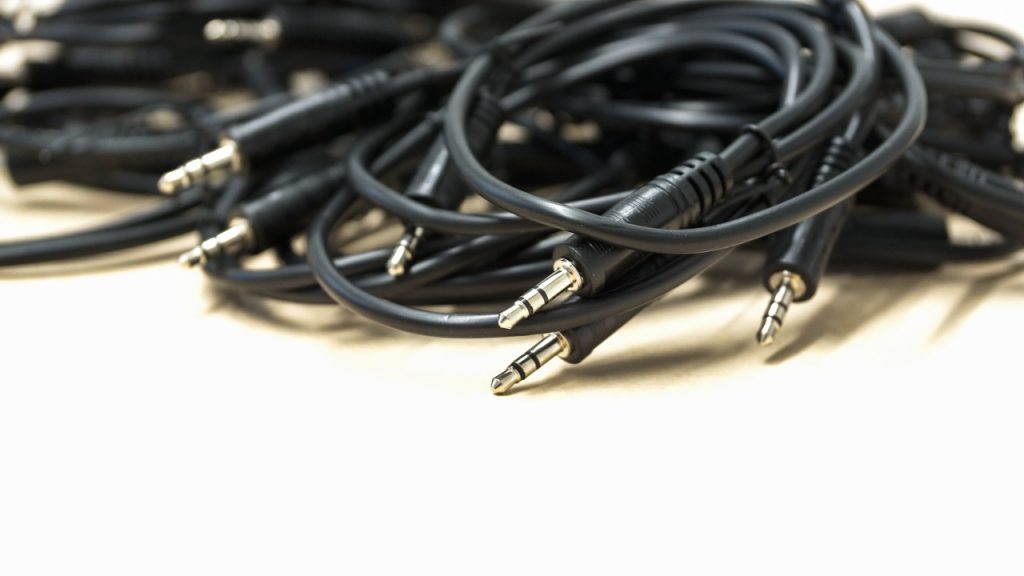
Electronic equipment (including cords, wires, cables and the like) often contains metals, batteries, and other materials which may make it dangerous to recycle. Donation centers may also not accept electronics that aren’t in working order. The good news is that some electronic stores such as Best Buy will take and recycle e-waste appropriately.
9. Aerosol Cans
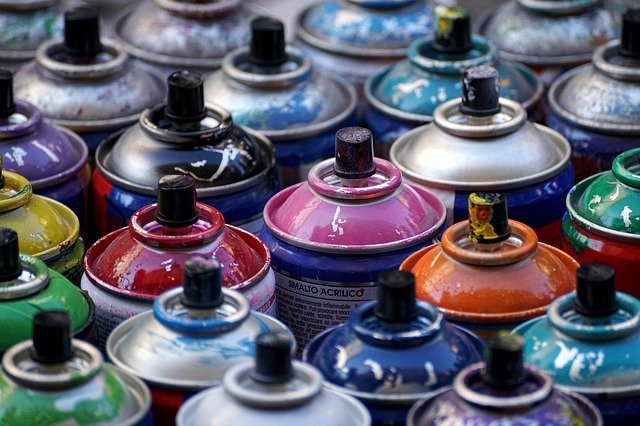
Although aerosol cans made of recyclable material, the pressurized air and its hazardous contents could pose a huge fire and explosion risk in the recycling center if you simply toss them in your curbside recycle bin. Contact your local county for hazardous collection program, or check out the designated disposal site to safely recycle your aerosol cans.
Now that you have an idea of what you can and cannot recycle, you may want to make sure you’re double checking the recycling bin every week. Just making a few changes can ensure that you’re only putting in items that can actually be broken down by your local recycling center.
